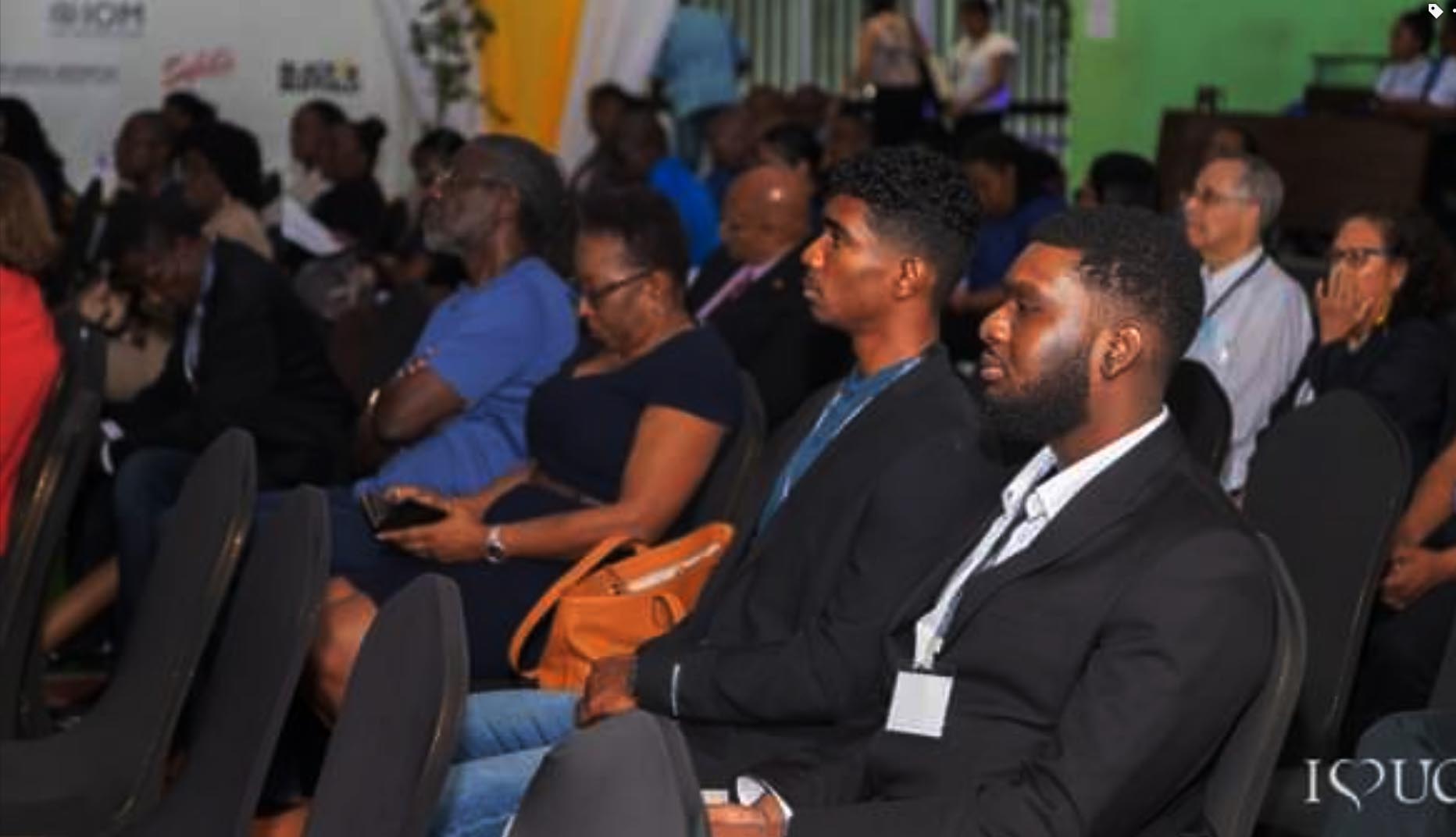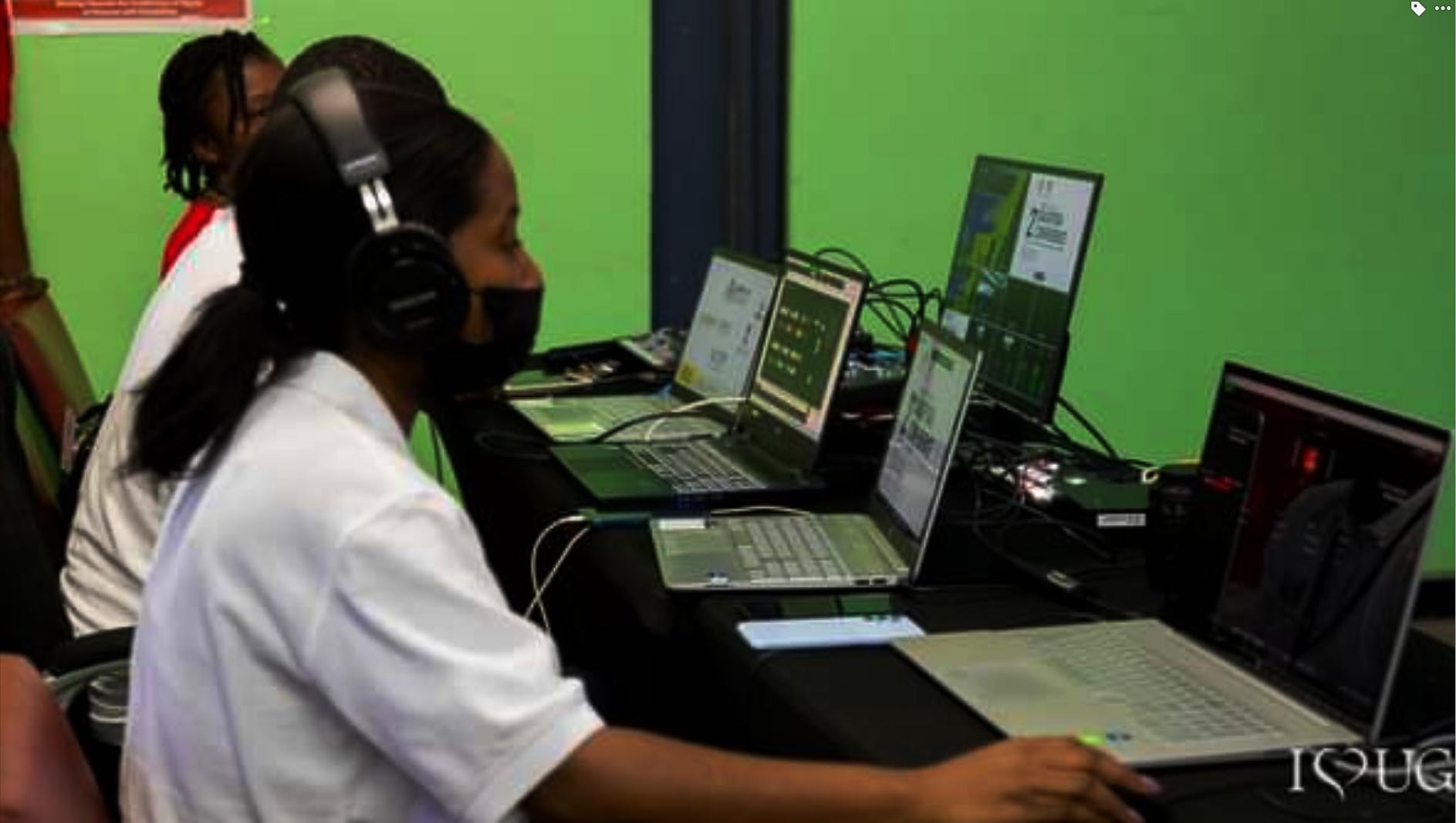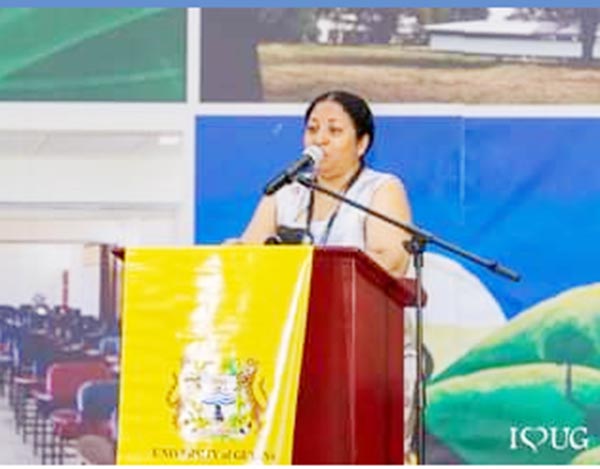Declaring the second Diaspora Conference of the University of Guyana open yesterday, Vice-Chancellor Professor Paloma Mohamed-Martin described the Guyanese diaspora as being, among other things, resilient and transformational.
“In many regards, our natives have made many countries great, by their sweat, intelligence, creativity and sacrifices,” she said. But was keen on pointing out that the “nuances of these dynamics require urgent scholarly attention.”

As Guyana enters into what she described a “special phase… of hyper development,” Mohamed-Martin said the matter of repatriation from the diaspora will be confronted as well as high numbers of immigration by diverse groups of non-Guyanese “into our nation of relatively small native peoples”.
This is a new problem, requiring urgent attention, the VC stressed, while noting that a robust discussion on the proposed centre for diaspora studies at UG is expected to be a key outcome of the conference.
Held under the theme, “Calling 592: Honouring, Researching, Reigniting Diaspora” Professor Mohamed-Martin said that this second conference focuses on the embedded power of diasporas and in particular the Guyanese diaspora’s ability for “resilience, social and spatial reorganisation, innovativeness, cultural diffusion, trans-national agency and transformation.”

She said it was thought that the first conference might have significantly contributed to Guyana’s draft policy on diaspora engagement, as well as the rapid development of the Diaspora Engagement Unit in the Ministry of Foreign Trade and Cooperation.
She noted that recent reports have suggested that Guyana has the largest per capita diaspora in the world with three times more Guyanese living outside, than inside the country; adding that their achievements and actions have had significant impact on Guyana, and their host countries. For instance, it was reported that remittances to Guyana in 2019 have been in the vicinity of US$2.6 billion; and foreign direct investment a further US$1.6 billion, she said.
The present government’s business agenda, which she described as “aggressive”, has tracked new projects which could have exceeded in 2022, all of these two numbers combined, she stated.
Mohamed-Martin said that despite the setbacks of the COVID-19 pandemic and recession in the rest of the world, “our diaspora, through the very vibrant work of the Diaspora Unit at the Ministry… is doing a wonderful job.” She added that the offspring of this large group of Guyanese diasporas bear a significant burden of attention, given their emergent embedded and virtually agentive possibilities. Specifically, the University of Guyana, over its 60 years of existence, produced more than 50,000 graduates at least 30% of whom form the upper and middle socio-economic layers of the Guyanese diaspora.
Additionally, she said that given the state-subsidised nature of the university, its funding was estimated in both terms of direct costs and opportunity costs that Guyana might have lost. “We might have lost over US$1 trillion through the emigration of our graduates to other countries mostly in North America and the Caribbean over the last five decades,” the VC said. “So you see, diaspora work is not only about bringing people back, it’s about really considering what we have given and what it has cost our country…”
She said that the university responded to the formal establishment of the vibrant Diaspora Engagement Unit by the government of Guyana, by refining focus. It distinguishes diaspora engagement from diaspora studies, by attending to diaspora research, academic dialogue and policy review and teaching.
This, she said, will support the policies and engagement work of the government and other agencies on pertinent topics around diaspora, such as forced and economic migration, remittances, labour, inter-group relations, transnational issues and security and the role of academia and the diaspora in training, education and development.
“This underscores, ladies and gentlemen, the past call and present urgent and dire need for an organised study of the diaspora at the University of Guyana,” she said, adding that the complexities presented by multiple diasporas who are in and from Guyana are quite particular and peculiar. “But also, this pertains to many formerly colonised countries.”
The opening ceremony of the three-day conference was held in the George Walcott Lecture Theatre at UG’s Turkeyen Campus. When the event ends on Wednesday, more than 40 presentations would have been made






